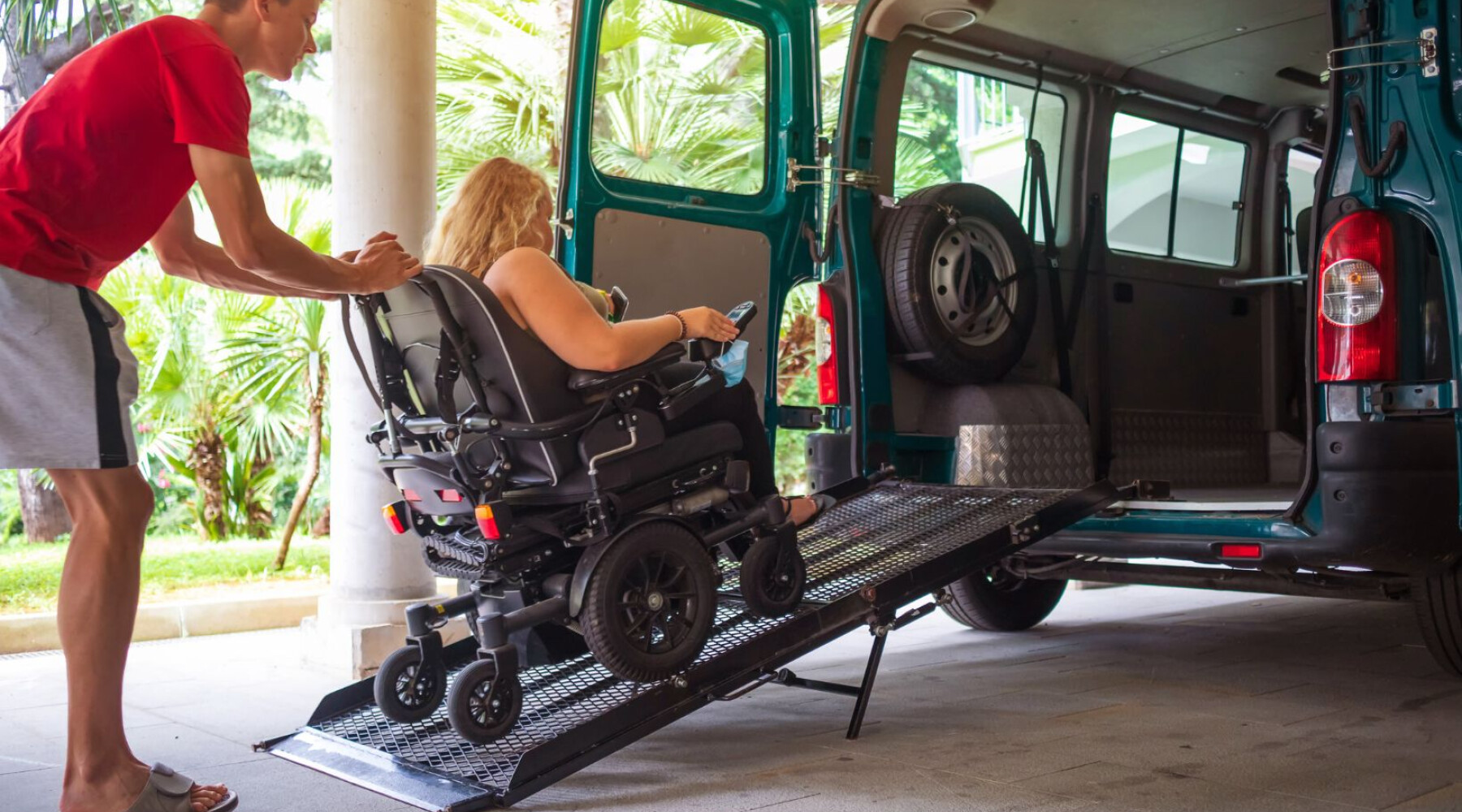Understanding NDIS Travel Allowance: What Support Workers Need to Know

What Is the NDIS Travel Allowance?
The NDIS travel allowance is a specific fund for participants and support workers. Participants who face significant difficulties in using public transport due to their disability can receive an NDIS travel allowance to improve their community access, work or study. But, there’s also a version of the NDIS travel allowance for support workers and providers.
Can Support Workers Charge for Travel?
The NDIS reimburses provider travel costs and travel time as long as several conditions are met:
The participant agrees to it
The provider uses this money to reimburse the disability support worker
The amounts comply with the most recent version of the NDIS Pricing Arrangements and Price Limits (previously the NDIS Price Guide)
This is true whether you’re claiming for the travel costs of capacity-building or core support workers.
Breaking Down the NDIS Travel Allowance for Support Workers
The NDIS provides detailed guidelines on the support worker’s allowance for travel. There are two ways in which you can claim for provider travel costs: time and expenses. You can claim both of these simultaneously.
Claiming for NDIS Support Workers’ Travel Costs
As long as the participant agrees, you can charge for the support worker’s petrol, parking, road tolls and/or public transport fees.
As of the 2023–2024 NDIS Pricing Arrangements and Price Limits, the NDIA considers the following to be a “reasonable” support worker’s allowance:
Petrol costs: up to $0.97 per kilometre
Other costs: Up to 100% of the cost
Travel costs must be billed separately to the travel time and support. Claim them as a “Provider Travel — non-labour costs” support item.
Claiming for Support Workers’ Travel Time
The amount of travel time you can claim depends on where you provide the support. The more rural the location, the more travel time you can charge for.
The NDIS uses the Modified Monash Model (MMM). For travel to MMM1–3 areas, you can charge for 30 minutes of travel time. For MMM4–5 areas, this increases to 60 minutes. You can read more about how the NDIS applies the Modified Monash Model (MMM) in our detailed guide.
Travel time should be charged at the same hourly rate as the support service provided or lower. You’ll need to agree on the rate with the participant beforehand.
If a disability support worker travels to an area to support multiple participants, the travel costs should be split between participants. You’ll need to negotiate this with all the participants involved.
Travel time can also be charged for return journeys, but only if the support worker is returning from their last participant to their usual place of work.
Claiming for Provider Travel Costs: An Example
Let’s take the example of a disability support worker driving to Coombs to support two participants. They spend 40 minutes driving 30 km. Once there, they pay $2.20 an hour parking for three hours. Afterwards, they travel to Canberra to support other participants.
The maximum they can charge the NDIS is:
Parking: the full cost of $6.60
Petrol: $29.10 (30 km at $0.97/km)
Travel time: Coombs is an MMM2 zone, so they can only charge for 30 minutes at their hourly rate. This isn’t their final support of the day, so they cannot charge for the return travel time.
This would then be split between the two clients’ funds.
How to Track Travel Time & Costs: 3 Essential Tips
These tips will help you avoid travel allowance claim errors so you’re always reimbursed the full amount.
Attach Expenses to Shift Records
Software like ShiftCare enables NDIS support workers to attach mileage and travel costs to the shift record for improved accuracy and record-keeping.
Include Travel Costs in the Service Agreement
The participant’s consent is essential if you want the NDIS to reimburse travel time and costs. Include these details in the service agreement to ensure you’re always complying with NDIS regulations.
Use Software with Built-in Pricing Arrangements and Price Limits
When your NDIS software comes with NDIS Pricing Arrangements and Price Limits integrations, you can trust that you’re always billing travel costs at the correct rate.
Time-Tracking and Travel Claims Made Simple
ShiftCare’s NDIS software helps you manage your disability support services. With geo-verified time-tracking, shift records with built-in expense details, and auto-generated NDIS bulk invoices, providers will find travel allowance claims easy. Plus, ShiftCare offers client funds management, document management, NDIS compliance tools, rostering and more.
Discover how the right software can simplify your accounting and ensure your support workers are paid correctly. Try ShiftCare for free.
 au
au


